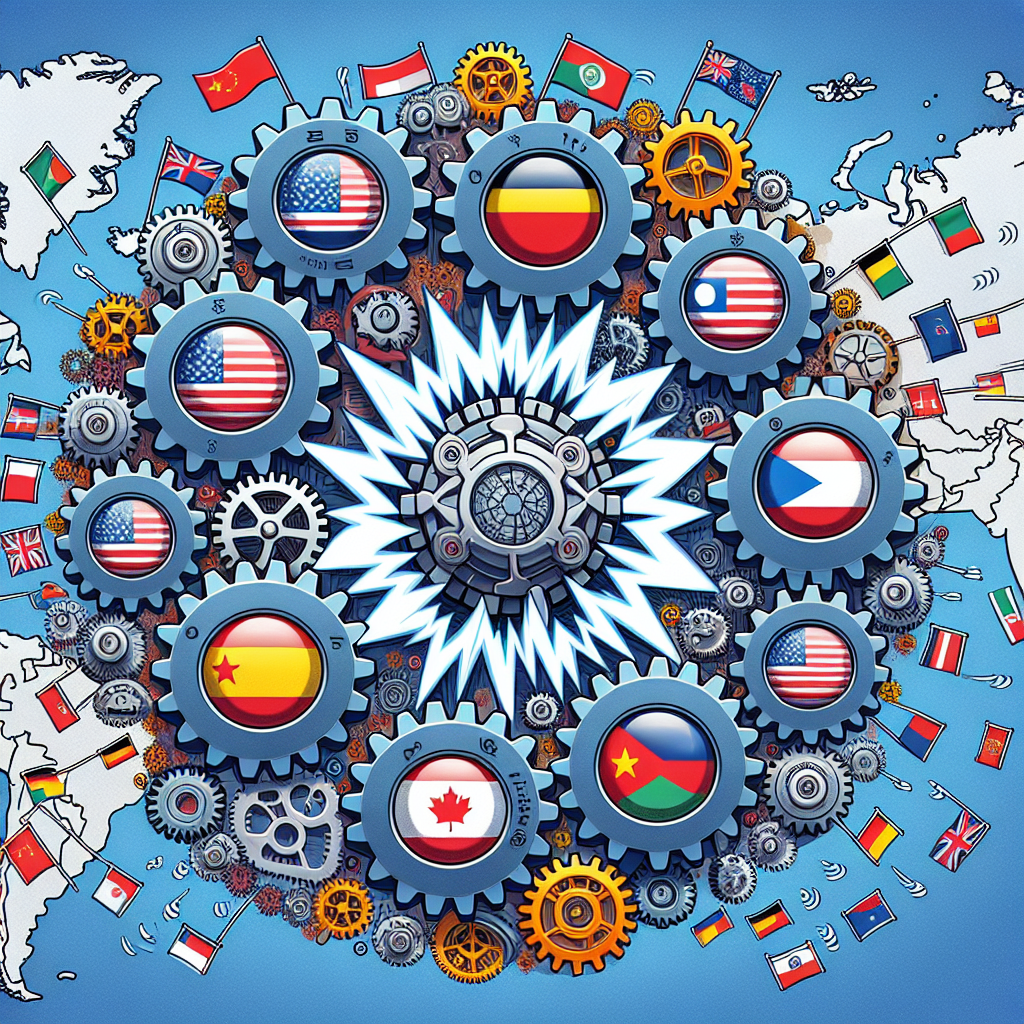Impact of Trump’s Reciprocal Tariffs on Global Economies
Impact of Trump’s Reciprocal Tariffs on Global Economies
Introduction
The introduction of reciprocal tariffs by former President Donald Trump marked a significant shift in U.S. trade policy, aiming to address trade imbalances and protect domestic industries. This policy has had far-reaching effects on global economies, influencing trade dynamics, economic growth, and international relations.
Key Effects on Global Trade
- Trade Imbalances: The tariffs aimed to reduce the U.S. trade deficit by imposing duties on imports, prompting retaliatory measures from other countries.
- Supply Chain Disruptions: Increased tariffs led to higher costs for businesses reliant on global supply chains, causing shifts in sourcing and production strategies.
- Market Volatility: The uncertainty surrounding trade policies contributed to fluctuations in global markets, affecting investor confidence and economic stability.
Economic Implications
- Growth Slowdown: The tariffs contributed to a slowdown in global economic growth, as countries adjusted to new trade barriers and reduced export opportunities.
- Inflationary Pressures: Higher import costs led to increased prices for consumers, contributing to inflationary pressures in various economies.
- Sectoral Impact: Industries such as agriculture and manufacturing were particularly affected, facing reduced export markets and increased input costs.
International Relations and Policy Responses
- Retaliatory Measures: Many countries responded with their own tariffs, escalating trade tensions and leading to a tit-for-tat dynamic.
- Trade Negotiations: The tariffs prompted renewed trade negotiations, with countries seeking to resolve disputes and establish new trade agreements.
- Shift in Alliances: The policy led to a realignment of international alliances, as countries sought new partnerships to mitigate the impact of U.S. tariffs.
Conclusion
The implementation of Trump’s reciprocal tariffs has had a profound impact on global economies, reshaping trade relationships and economic strategies. While intended to protect U.S. interests, the policy has led to increased trade tensions, economic uncertainty, and a reevaluation of global trade practices. As countries continue to navigate these challenges, the long-term effects of these tariffs will likely influence future trade policies and international economic cooperation.
































